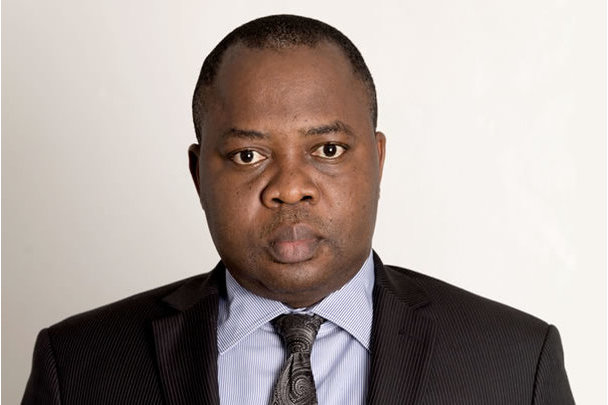Appointing the next CBN Governor that won’t be suspended

Summary
Jide Akintunde speaks on the suspension of Godwin Emefiele, its likely market impact, and who should be the next CBN governor.
This is the text of the interview Jide Akintunde, Managing Editor, Financial Nigeria magazine and Nigeria Country Representative, European Organisation for Sustainable Development, granted The Nation newspaper, published on 12 June 2023.
On Emefiele's suspension
The suspension of Godwin Emefiele as CBN Governor is unfortunate, but Nigerians seem to welcome it. The pulse of the people clashes with the provision of the CBN Act that guarantees tenure security for the CBN Governor. But this is not surprising. Under the leadership of Emefiele at the CBN, the institution was brought into disrepute by its grand failure to achieve its mandates, political involvement, abuse of the Ways and Means financing to the federal government, and allegations of grand corruption. Nigerians are bearing the pains of these very unprofessional performance.
This notwithstanding, the fact that the last two CBN governors have failed to complete their legal tenures of office is a cause for concern. This trend must end with Emefiele’s suspension. How to ensure this is simply a function of who is appointed as the next substantive governor of the apex bank. It is at the point of the appointment that we miss the road and end up with the inevitability of removing the CBN governor.
On the impact of Emefiele’s suspension on the exchange rate and economy
The suspension of Emefiele will send conflicting signals to the Nigerian market participants. Fundamentally, this suspension will, by itself, not make much impact. What would be impactful, over the medium term, is what follows from here and who is announced as the next substantive CBN governor.
I am concerned that President Bola Tinubu – much like his predecessor – may be seen to want to predetermine the reform that are necessary at the CBN. No matter how well-intentioned he may be, this is a problematic approach. Political influence on monetary policy is not going to reassure investors. After a short period of hurrah – which may see the naira marginally appreciate and a brief surge in Nigeria’s main equity index – the excitement will not sustain itself. We will start to deal with the perception of executive influence over monetary policy. Foreign investors would greet such ‘reform’ with circumspection.
To reduce the period of wait-and-see attitude about the financial markets and the economy, a new CBN governor-designate should be announced as soon as possible. The timing of the resumption of such an appointee requires a combination of political and technical solutions.
On who should be next CBN governor
The next governor of the CBN should be someone who is unlikely to be removed before the end of his tenure. But this simple characterisation throws up many important requirements that are discernible from our experience since 2009. First, the next CBN governor should be temperamentally fit for the office. We need someone who would focus on doing the job professionally.
Two, we should avoid appointing someone who would be transactional, rancorous, and predisposed to conflict of interest. This means such an individual should not be a former private sector banker.
Three, and perhaps most importantly, the individual should be an intellectual (a necessity for good policymaking) and combine senior-level experience in local and international institutions. If such a candidate has experience in policymaking – especially central banking – that would enable him or her to be already for the job from day-one.
Recent Interviews
Latest Blogs
- What Ould Tah’s tenure at BADEA reveals about his AfDB candidacy
- Implementation strategy crucial for the success of 12-4 education policy
- A senator’s suspension threatens the right of representation
- Tinubu’s promising revolution in infrastructure development
- Has Tinubu’s economic reform started working?
Latest News
- Nigeria records $6.83 billion balance of payments surplus in 2024
- Soaring civil unrest worries companies and insurers, says Allianz
- Tariffs stir inflation fears in US but offer targeted industry gains ...
- Tinubu appoints new Board Chair, Group CEO for NNPC Limited
- CBN net reserve hits $23.1 billion, the highest in three years













